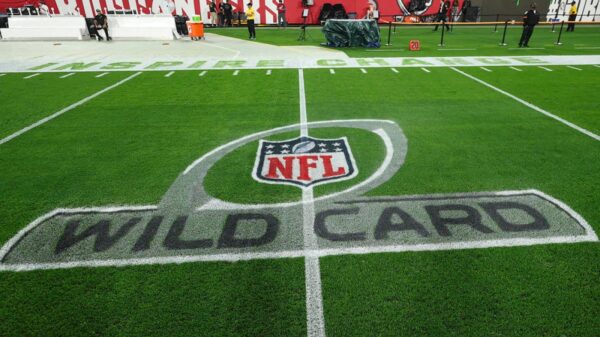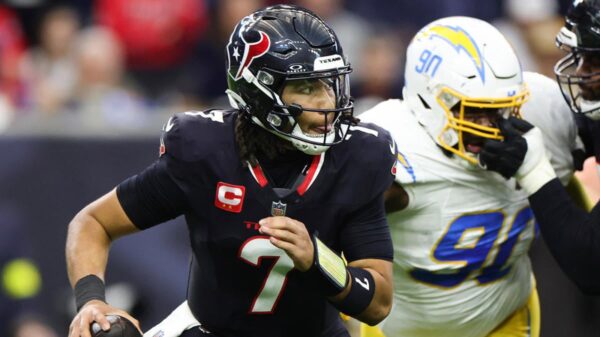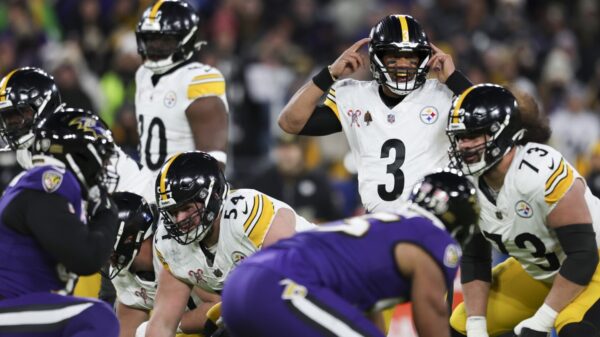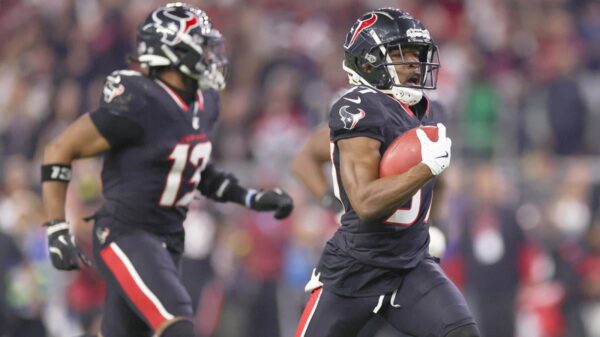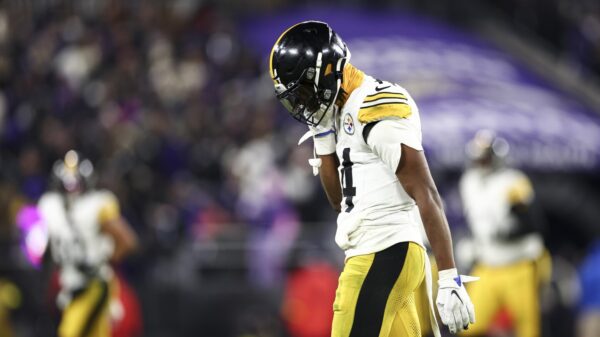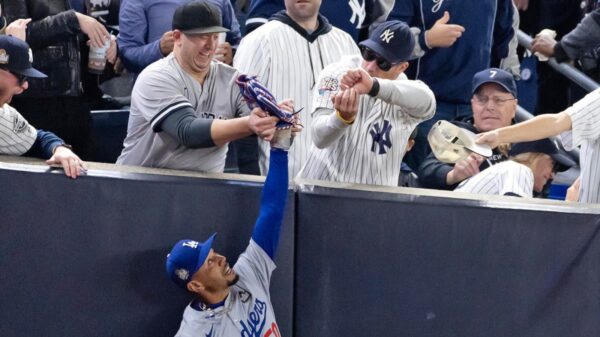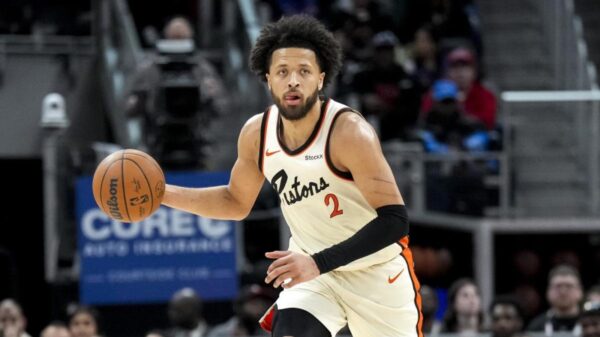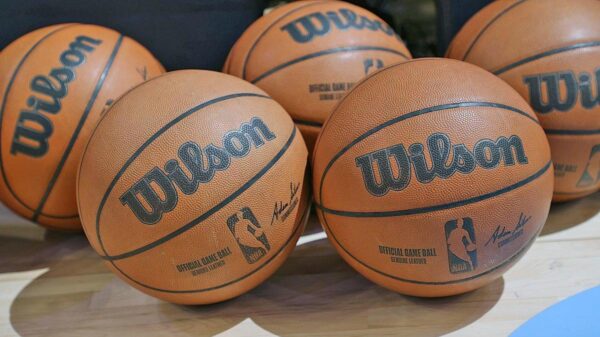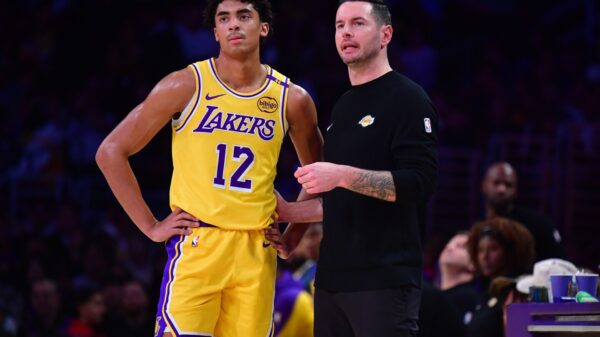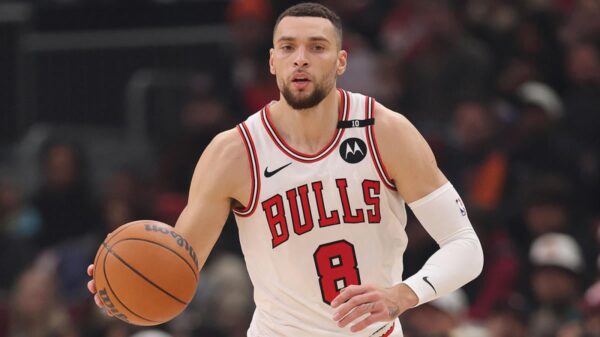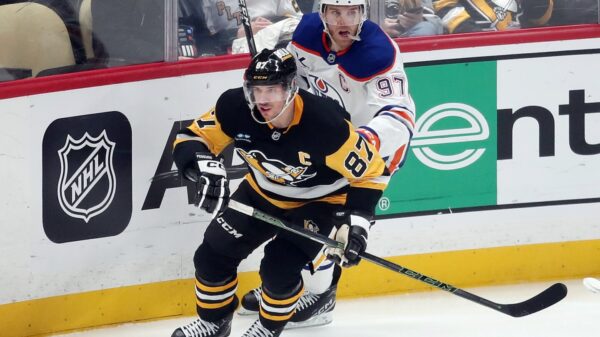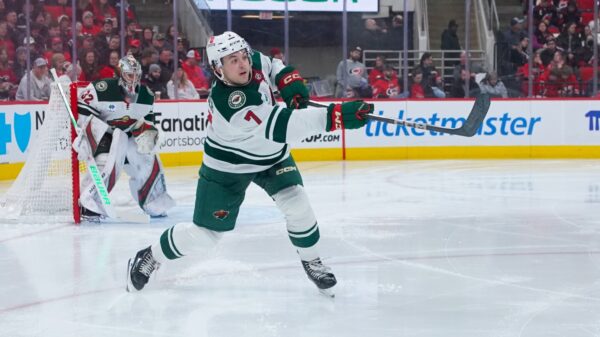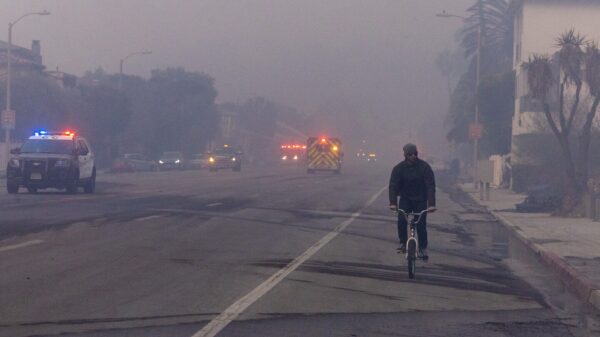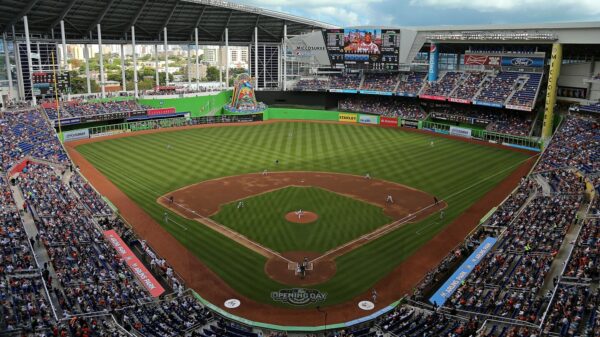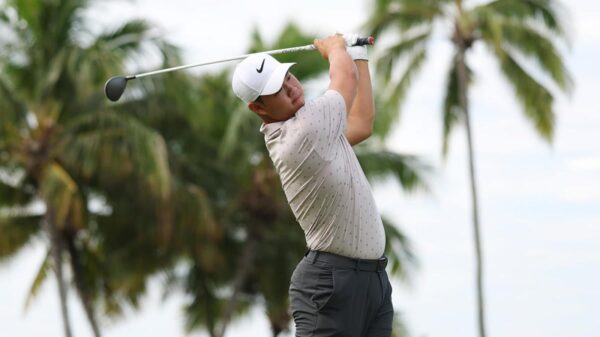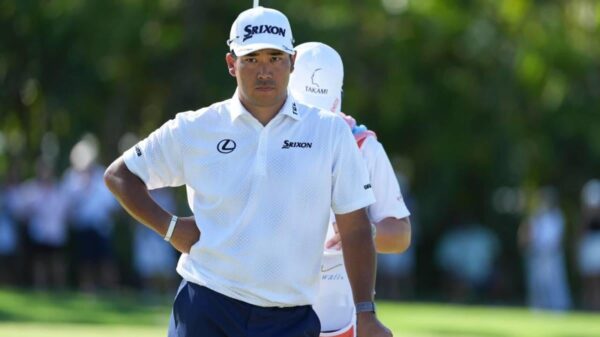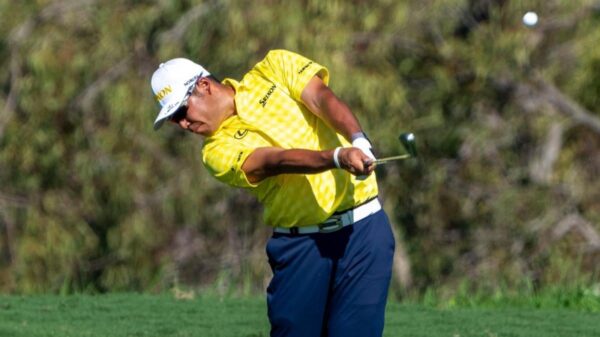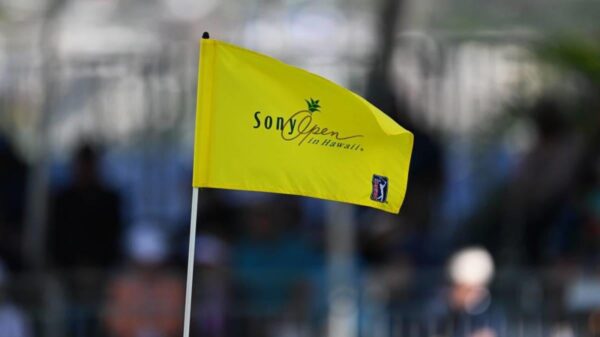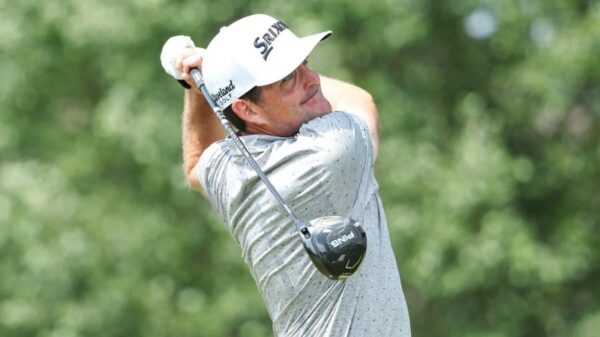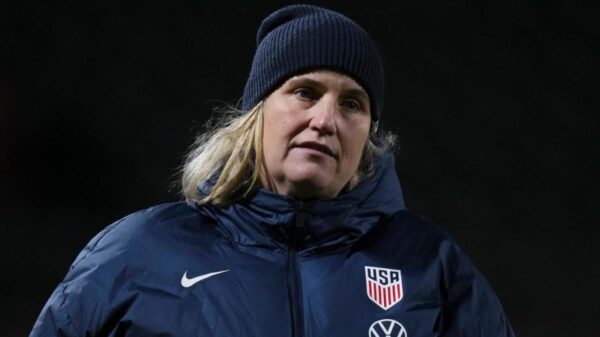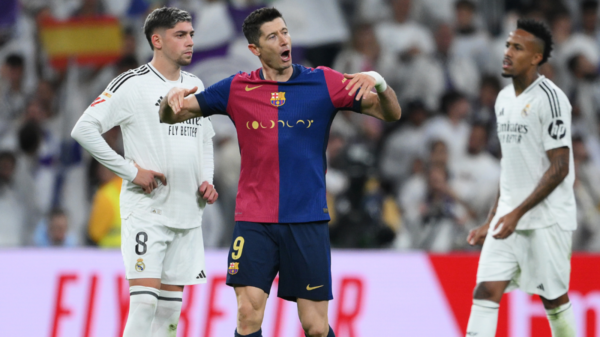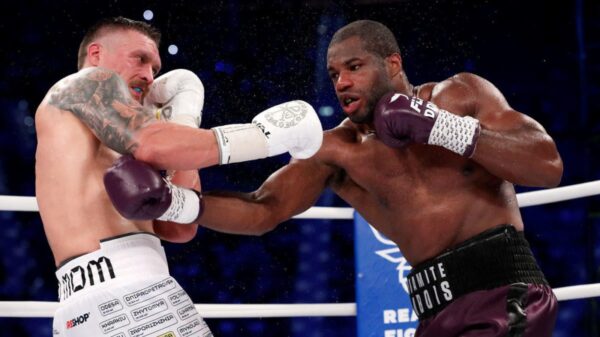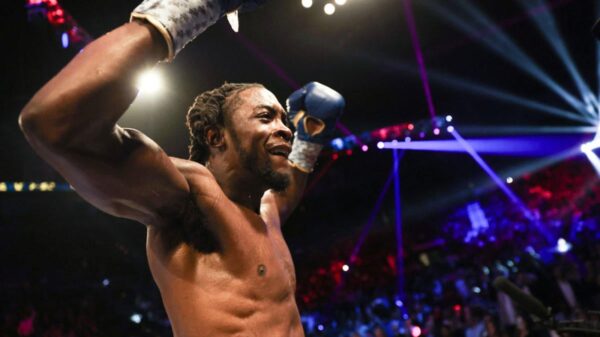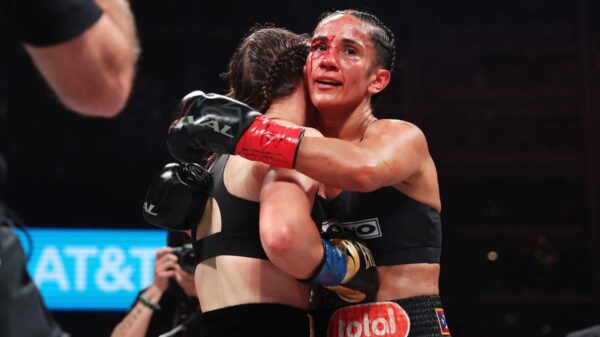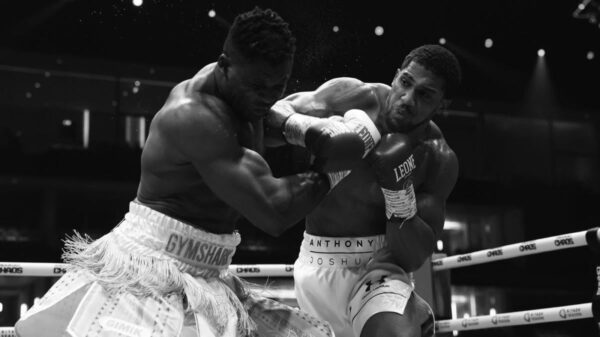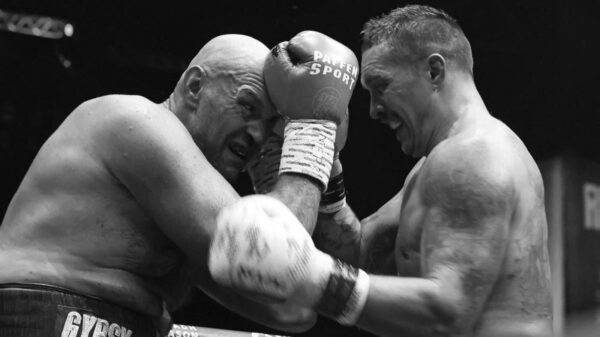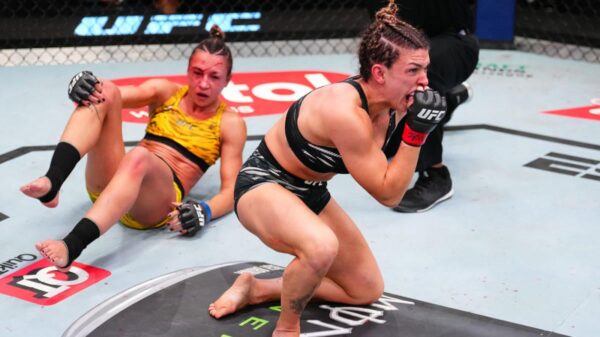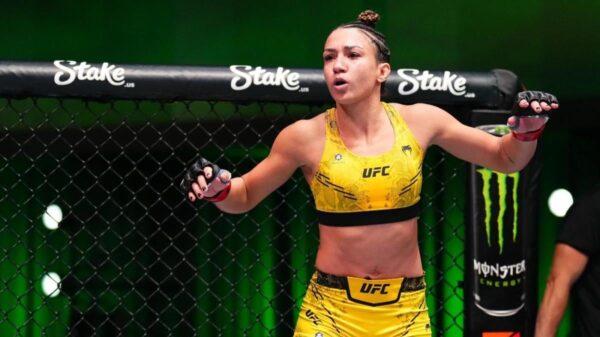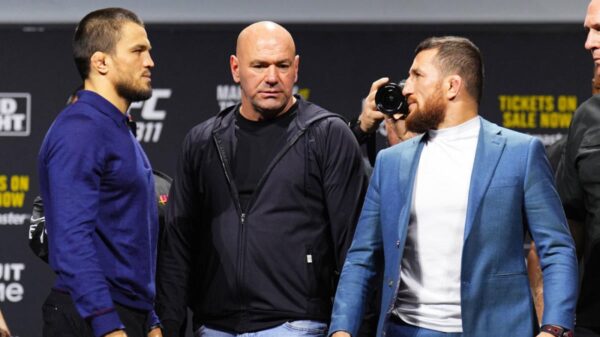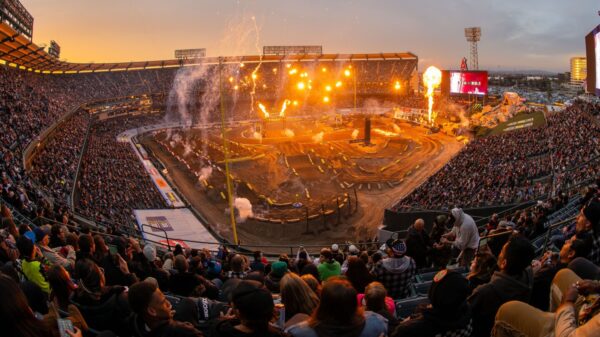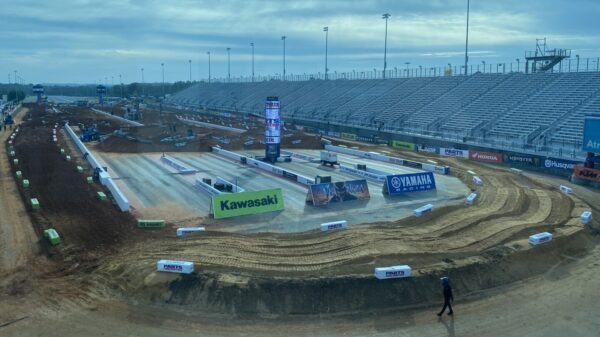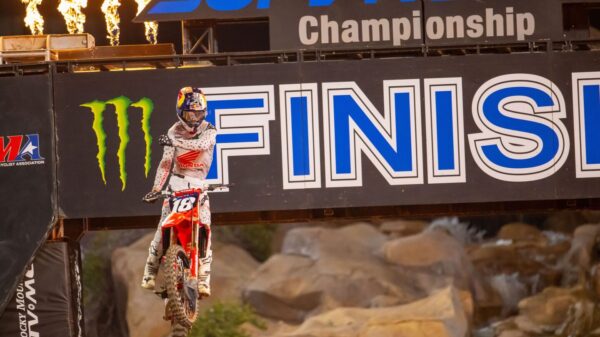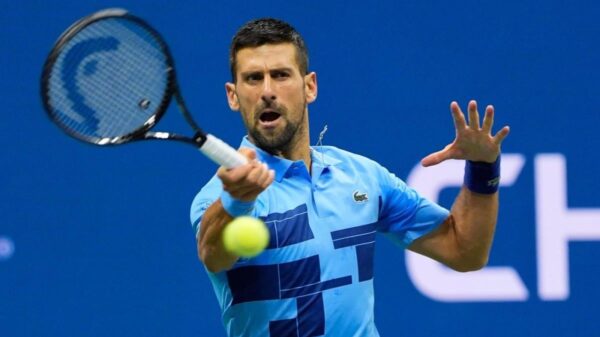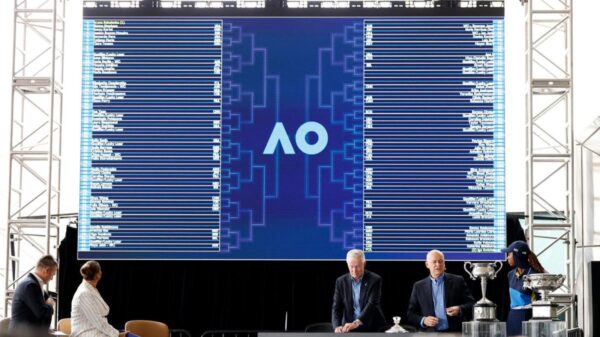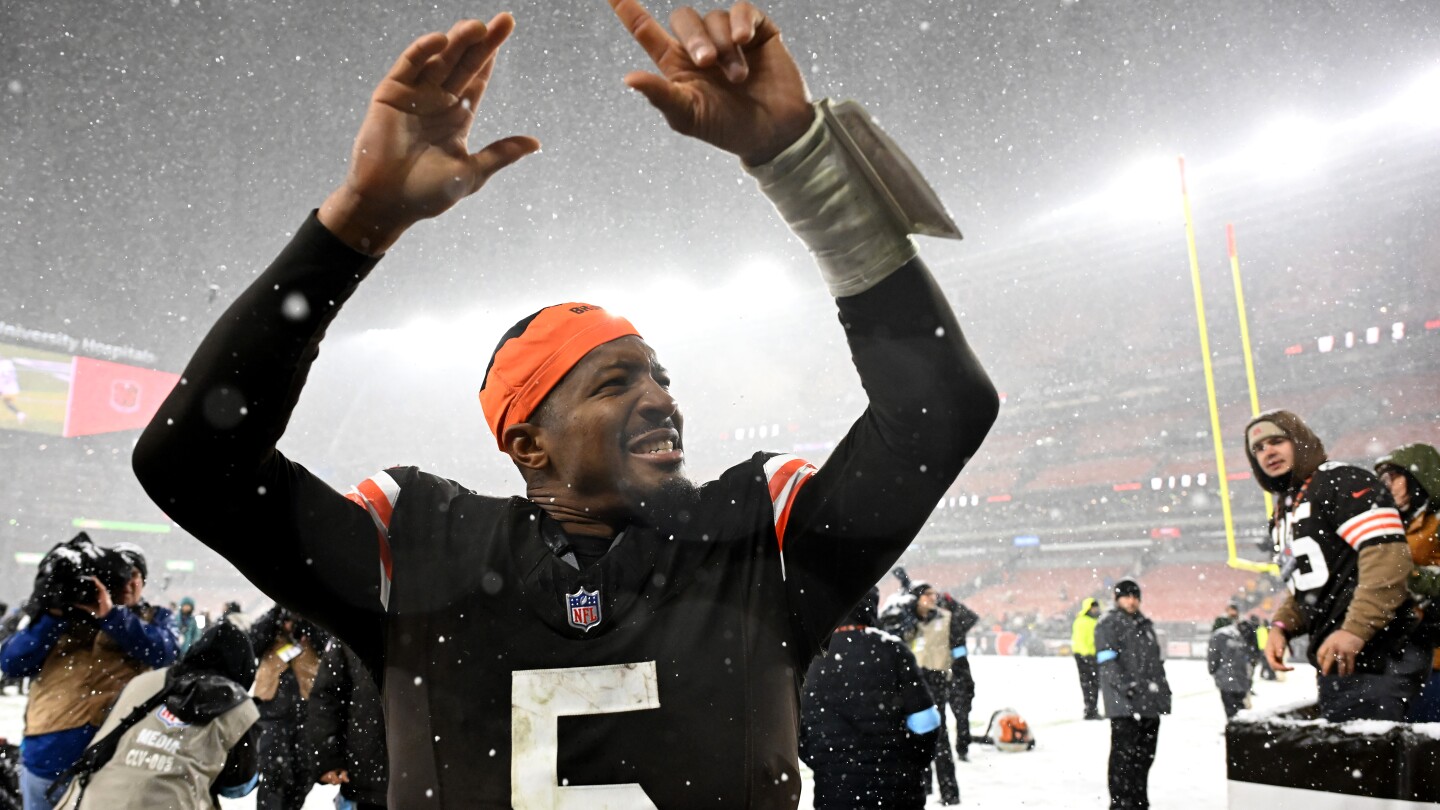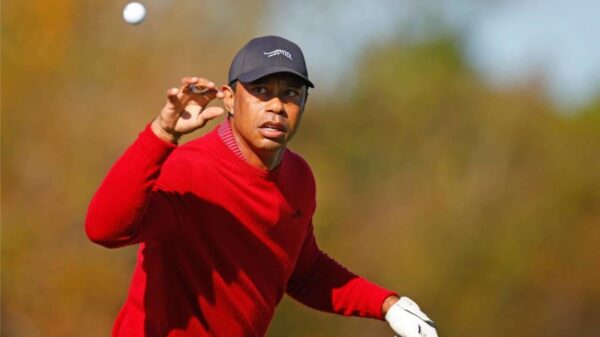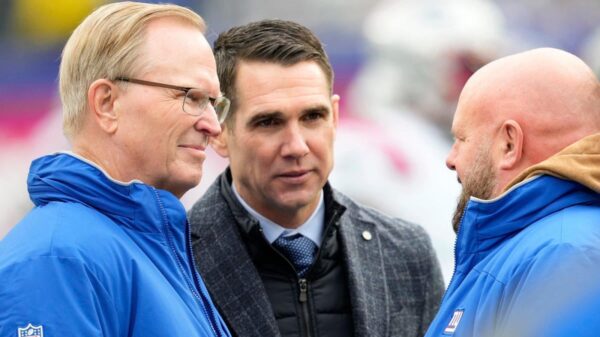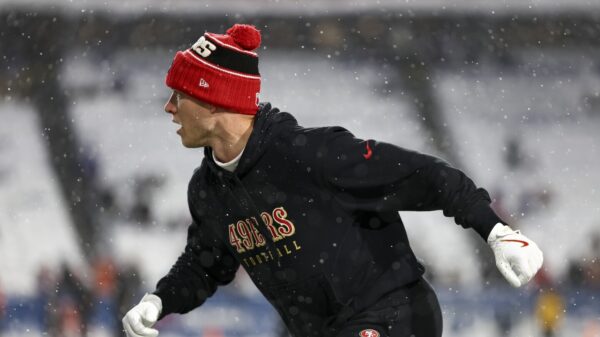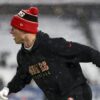A key moment with less than two minutes to play on Thursday night in Cleveland might have determined the outcome of the game, based on how the officials interpreted and applied the relevant rules.
Facing third and two from the Pittsburgh 25 with exactly two minutes to play, quarterback Jameis Winston dropped back to pass. Linebacker Patrick Queen broke free. Winston tried to get rid of the ball before Queen sacked him.
Queen hit Winston as he was throwing. And while the Browns were flagged for a lineman illegally touching the ball, no call was made for intentional grounding.
If grounding had been called, it would have been fourth and 15 from the 38 for the Browns. Which would have given them one play to basically save the game.
Here’s the relevant portion of the rulebook: “Intentional grounding shall not be called if . . . the passer initiates his passing motion toward an eligible receiver and then is significantly affected by physical contact from a defensive player that causes the pass to land in an area that is not in the direction and vicinity of an eligible receiver.” (Emphasis added.)
Watch the play. (I couldn’t find a link to it, but it’s in the broadcast, which is available on demand.) It looks like Winston knows he’s about to get sacked and just gets rid of the ball. It looks like he was hit while trying to throw the ball away, not while trying to throw it to an eligible receiver.
First, was he “significantly affected by physical contact” from Queen? The officials apparently decided he was.
Second, did the contact cause the pass to land in an area not in the direction and vicinity of an eligible receiver? The officials apparently thought it did.
Both are debatable. And here’s the thing: We know grounding when we see it. A quarterback has a defender bearing down on him, and the quarterback gets rid of the ball in an act of desperation.
Surely, he isn’t saved from intentional grounding because he fails to get rid of the ball before he’s hit.
This wasn’t a situation where a quarterback was setting up to throw toward an eligible receiver and had his arm hit in a way that caused the ball to popgun to a vacant area of the field. Grounding happens when a quarterback, while “facing an imminent loss of yardage because of pressure from the defense, throws a forward pass without a realistic chance of completion.”
That’s what it looked like. How can the hit that the quarterback was specifically trying to avoid by getting rid of the ball turn grounding into not grounding?
Hopefully, there will be a pool report on this. Even if there is, don’t expect the report to concede that the call was wrong.
Even if it looks like it might have been.
Read the full article here

